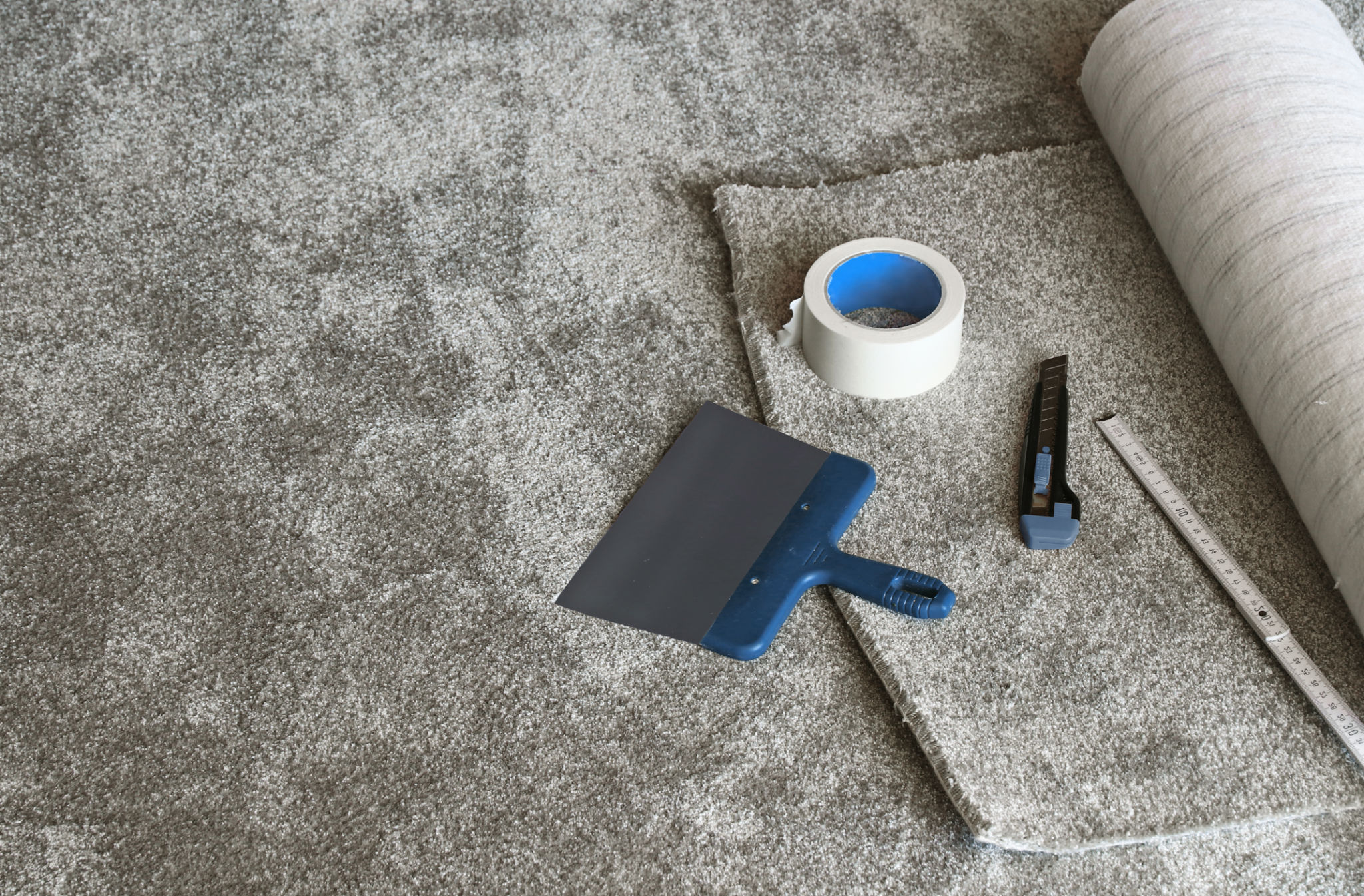DIY Tips for Maintaining Commercial Floors Between Professional Cleanings
Understanding the Importance of Regular Floor Maintenance
Maintaining commercial floors is crucial for ensuring their longevity and presenting a clean, professional appearance. While professional cleanings are essential, incorporating regular DIY maintenance can significantly extend the life of your flooring. Regular upkeep not only saves costs but also helps in preventing potential damage that could arise from neglect.
Whether you're dealing with carpet, tile, or hardwood, each type of flooring has specific needs. Understanding these requirements is the first step towards effective floor maintenance. By adopting a consistent cleaning schedule, you can ensure your floors remain in top condition between professional visits.

Daily Cleaning Practices
Daily cleaning is the cornerstone of maintaining commercial floors. For hard surfaces like tile or hardwood, sweeping or vacuuming to remove debris and dirt is crucial. Dirt particles can act as abrasives, wearing down finishes over time. For carpeted areas, daily vacuuming can prevent dirt from settling into the fibers.
It's also important to address spills immediately. For liquid spills on hard surfaces, a damp mop with a mild detergent can prevent stains and potential slip hazards. For carpets, blotting with a clean cloth and using appropriate cleaning solutions can minimize damage.
Weekly and Monthly Maintenance
In addition to daily cleaning, implementing weekly and monthly maintenance routines ensures deeper care. For hard floors, using a damp mop with a suitable cleaner once a week can remove any lingering grime. Be sure to use products designed for your specific floor type to avoid damage.
For carpets, consider a weekly deep clean using a vacuum with a beater bar or rotating brush. This helps lift dirt embedded deeper in the fibers. Monthly, it might be beneficial to use a carpet cleaner or hire a carpet cleaning machine for a more thorough clean.

Protective Measures
Taking protective measures can greatly enhance the durability of your commercial floors. Consider using mats at entry points to catch dirt and moisture before they reach your flooring. This simple step can drastically reduce wear and tear.
For chairs and other furniture, use floor protectors or pads to prevent scratches and dents. Regularly inspect these protectors and replace them as needed to maintain their effectiveness.
Addressing Stains and Scratches
Inevitable stains and scratches can be addressed with prompt action. For hard surfaces, gentle buffing with a soft cloth can sometimes remove light scratches. For deeper scratches, consider using a repair kit designed for your floor type.
Stains on carpets should be treated immediately with a suitable carpet stain remover. Always test any cleaning solution on an inconspicuous area first to ensure it doesn't damage the carpet fibers or color.

Scheduling Professional Cleanings
Even with diligent DIY maintenance, professional cleanings are vital for maintaining commercial floors. Professionals have the tools and expertise to tackle deep-seated dirt and perform restorative treatments that DIY methods can't achieve.
Depending on foot traffic and the type of flooring, schedule professional cleanings at least once or twice a year. This routine ensures your floors remain pristine, safe, and appealing for employees and clients alike.
Conclusion
By combining regular DIY maintenance with periodic professional cleanings, you can keep your commercial floors looking their best. Implement these tips to create a cleaner, safer environment that reflects positively on your business's image.
